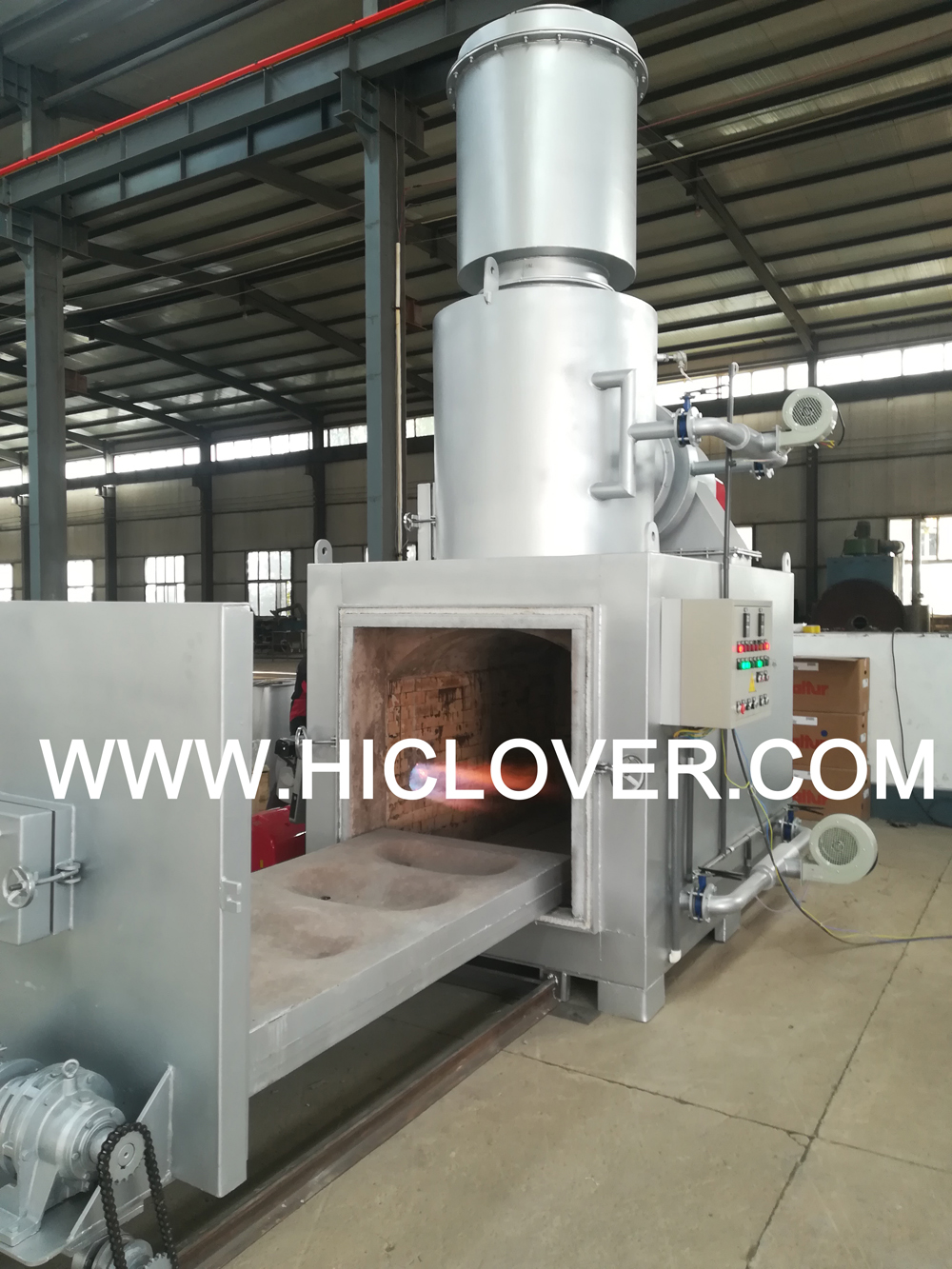Healthcare facilities have a significant impact on the environment, contributing to large amounts of waste and emissions that can be harmful to the planet. One major area of concern is the disposal of medical waste, particularly through the use of clinical incinerators. However, as the healthcare industry becomes more conscious of its environmental impact, efforts are being made to reduce carbon footprint, and one solution gaining traction is the use of green clinical incinerators.
Clinical incinerators are used to safely dispose of medical waste, which can include hazardous and infectious materials. While necessary for maintaining hygiene and safety standards, traditional incinerators can have a substantial environmental impact. They release harmful pollutants and greenhouse gases such as carbon dioxide, dioxins, and furans into the atmosphere, contributing to air pollution and climate change.
Green clinical incinerators, on the other hand, are designed to minimize these negative effects. They utilize advanced technology to limit emissions and reduce energy consumption, making them a more environmentally friendly option for medical waste disposal. These incinerators are equipped with pollution control devices that capture and neutralize harmful substances, ensuring that the air remains clean and safe for the surrounding community.
One of the most significant benefits of green clinical incinerators is their ability to reduce healthcare facilities’ carbon footprint. By implementing these environmentally friendly incinerators, hospitals and other medical centers can significantly lower their emissions of greenhouse gases and pollutants. This not only helps protect the environment but also promotes a healthier and more sustainable future for the community.
Furthermore, the use of green clinical incinerators aligns with the healthcare industry’s growing commitment to sustainability. As organizations and facilities strive to become more environmentally conscious, investing in green incinerators is a crucial step towards reducing their overall environmental impact. It demonstrates a commitment to responsible waste management and sets a positive example for other industries and sectors.
In addition to the environmental benefits, green clinical incinerators also contribute to improved public health. By reducing emissions and pollutants, these incinerators help create a cleaner and safer environment for surrounding communities. This can have a positive impact on the well-being of local residents and contribute to overall public health outcomes.
As the healthcare industry continues to prioritize environmental sustainability, the adoption of green clinical incinerators is an important step towards reducing carbon footprint and promoting eco-friendly practices. By investing in advanced waste management technology, healthcare facilities can make a significant contribution to protecting the planet and ensuring a healthier future for all. It is crucial for healthcare organizations to prioritize sustainable practices and consider the environmental impact of their operations, with the use of green clinical incinerators being a prime example of such commitment.



